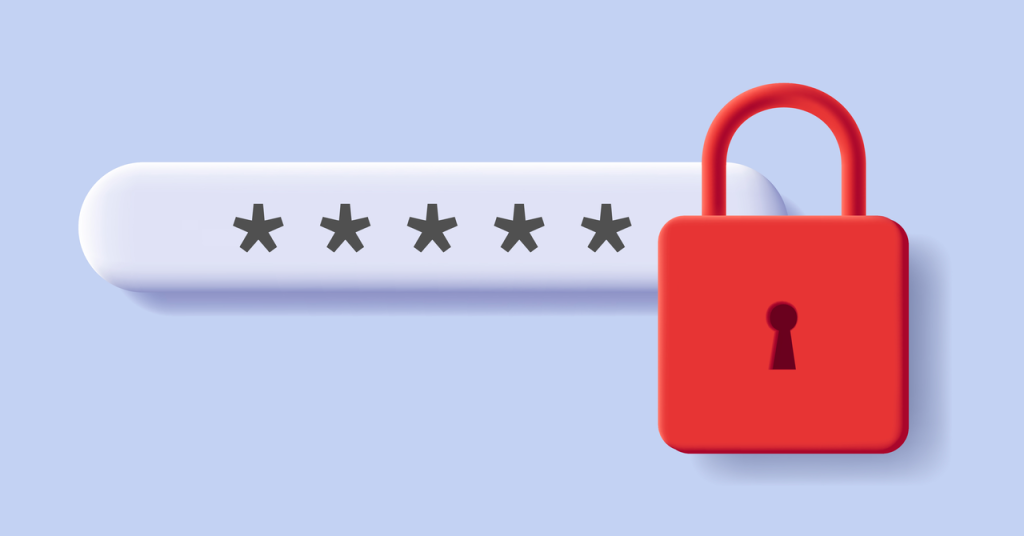The Importance of Password Managers: Simplifying Online Security
In the digital age, password managers are as essential as eating your greens. We all know they’re beneficial, but most of us prefer to indulge in the convenience of using the same password across multiple websites. The issue is that many of us struggle to create strong passwords and can’t possibly remember hundreds of unique ones.
The Safest (and Most Impractical) Password Storage Method
The most secure way to store your passwords is to commit them all to memory. However, this method is only effective if you create lengthy, complex passwords and avoid using the same one across different accounts. Realistically, this approach is not feasible for most people.
The Benefits of Using a Password Manager
A password manager offers a convenient solution and, crucially, encourages you to create stronger passwords. By using a password manager, you reduce your vulnerability to password-based attacks. To ensure you don’t lose access to your accounts in unforeseen circumstances, read our guide on backing up your passwords.
Updated March 2024: We’ve highlighted updates to some of our top picks, including increased support for passkeys and enhancements to 1Password’s autofill feature.
Built-in Browser Password Managers vs. Dedicated Apps
In recent years, Google has enhanced the password manager integrated into Chrome, making it superior to other browser-based options. However, it still lacks the extensive features and broad support offered by dedicated password manager applications like those mentioned below.
Apple’s macOS password manager, which syncs via iCloud and boasts seamless integration with the Safari web browser, has also garnered attention from Zero Byte readers. While there’s nothing inherently wrong with Apple’s system, and I have personally used it, I find dedicated third-party password managers more suitable for my needs.
Top Password Manager Recommendations
1Password
1Password is an excellent password manager that offers a range of features, including support for two-factor authentication methods like YubiKey, FIDO U2F, and Duo. Paid accounts also include a password hygiene and vault health report, as well as priority customer support.
1Password is the best password manager for most people because it’s easy to use and it works on all your devices.
One standout feature of 1Password is its “Travel Mode.” This mode allows you to delete sensitive data from your devices before traveling and restore it with a single click once you’ve crossed a border. This prevents anyone, including law enforcement at international borders, from accessing your complete password vault.
It’s important to note that 1Password uses a combination of your password and an additional generated secret key to unlock your account. While this adds an extra layer of security against weak passwords, it also means that part of what you need to access your passwords is not something you created yourself. However, 1Password ensures that you have this key as part of your “emergency kit.”
In addition to being a password manager, 1Password can also store other sensitive information, such as credit card details, secure notes, and more.
KeePassXC
KeePassXC is an open-source password manager that stores your passwords in an encrypted digital vault secured with a master password, a key file, or both. You can sync the database file yourself using a file-syncing service, and once your file is in the cloud, you can access it on any device with a KeePassXC client. Like Bitwarden, KeePassXC’s open-source nature means its code can be and has been inspected for critical flaws. If you’re an advanced user comfortable handling your own issues and support, KeePassXC is an excellent choice.
The main drawback of KeePassXC is the lack of official mobile clients. However, there are third-party apps available on both iOS and Android.
NordPass
NordPass is a comprehensive password manager that uses a zero-knowledge setup, encrypting all data on your device before uploading it to the company’s servers. It offers essential features such as support for two-factor authentication, a built-in password generator, and personal information storage for keeping your address, phone number, and other sensitive data secure yet easily accessible. NordPass also provides an emergency access feature, allowing you to grant trusted friends or family access to your vault in case you are unable to do so yourself.
Additional Security Measures
While password managers significantly enhance online security, they are not foolproof. It’s crucial to remain vigilant and take additional precautions:
- Enable two-factor authentication whenever possible to add an extra layer of protection to your accounts.
- Consider using a hardware security key, such as a YubiKey, for even greater security.
- Regularly check for and update compromised passwords using the tools provided by your password manager.
- Disable auto form-filling in your password manager to prevent potential security vulnerabilities.
Remember, while password managers significantly reduce the risk of password-based attacks, it’s essential to stay informed about potential vulnerabilities and keep your software up to date. By combining a reliable password manager with good security practices, you can greatly enhance your online security and protect your sensitive information.

1 Comment
Whoever still uses “password123” really needs this list, huh?